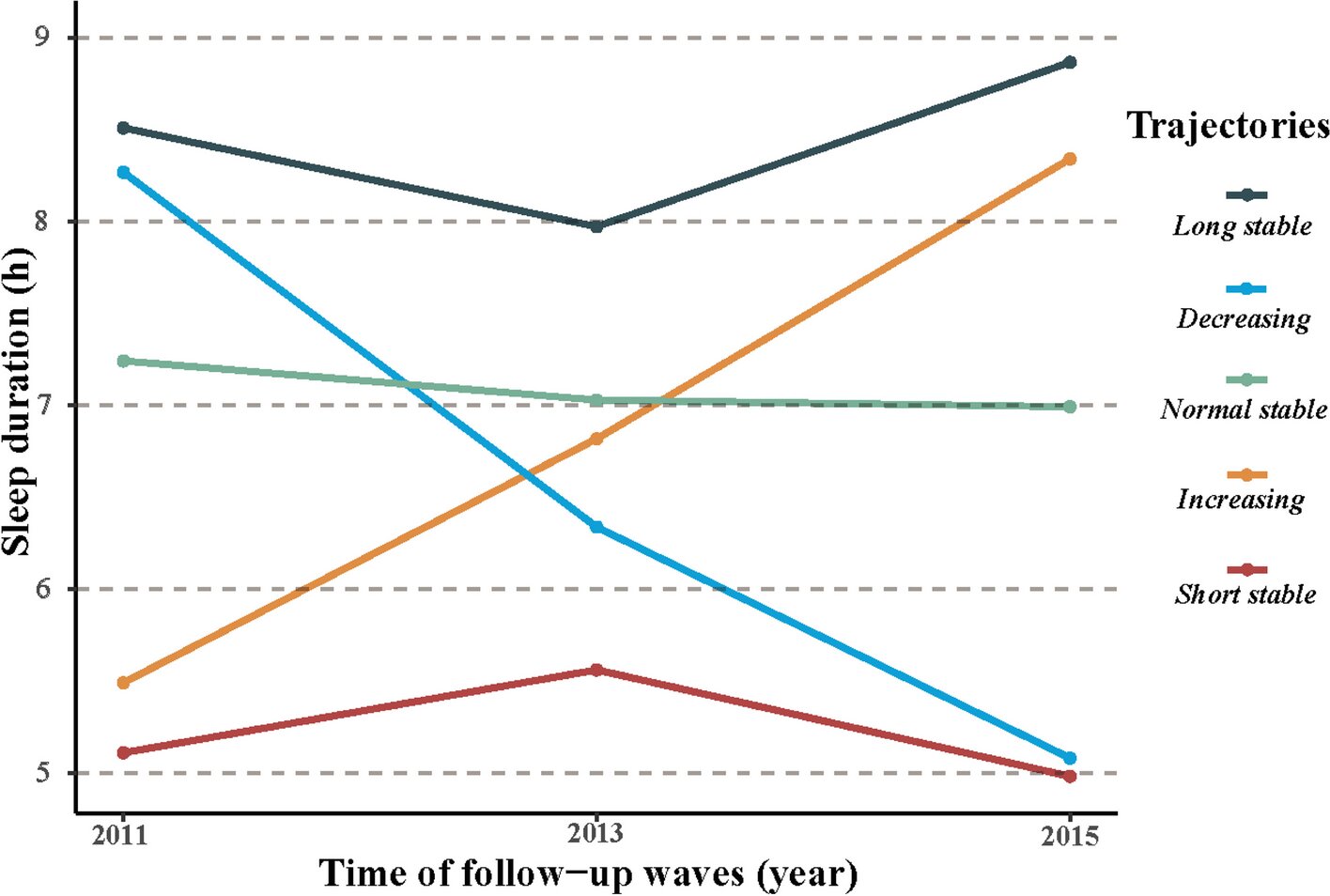New research has shown that cigarette smoke can induce disordered oropharyngeal microbiota that aggravates the severity of influenza A virus infection. The research was published in mSystems, a journal of the American Society for Microbiology.
Researchers have long known that cigarette smoke is unhealthy and is associated with many different respiratory diseases. Cigarette smoke promotes the development of chronic pulmonary disease and has been associated with increased risk for influenza-related illness. More recently, scientists have demonstrated that cigarette smoke is also associated with a disordering of the oropharyngeal microbiota composition, but the relevance of this disordering is not clear. The oropharynx includes the soft palate, side and back walls of the throat, tonsils and the back of the tongue.
In a new study, researchers showed that gut and oropharyngeal microbiota are altered by chronic cigarette exposure in mice. The researchers tried to disentangle the effect of smoking and the disordered microbiota by exposing mice to cigarette smoke and then cohousing mice exposed to cigarette smoke and air-exposed mice (control) with germ-free mice. This allowed the transfer of the microbiota from donor mice to the germ-free mice. The original germ-free mice were colonized either with bacteria from a smoke-exposed or air-exposed mouse. The scientists then infected the recipient mice with influenza A virus and monitored the disease course.
The investigators found that the original germ-free mice who received bacteria from smoke-exposed mice had a more severe disease course, which was measured by increased weight loss. In addition, virus infection was found to be associated with substantial changes in the oropharyngeal microbiota composition, especially at day 4 and day 8 after infection. The study design allowed for disentangling the effect of the disordered microbiota from the immune modulating effects of actual cigarette smoke exposure.
“It is not only the smoking per se that impacts respiratory disease, but our data indicate that the smoker’s microbiota may also impact respiratory disease and/or infection. In our case, it impacts viral infection,” said corresponding study author Markus Hilty, Ph.D., associate professor at the Institute for Infectious Diseases, University of Bern in Switzerland. “The cigarette-induced disordering of the microbiota is probably an important factor to consider during viral infection.”


